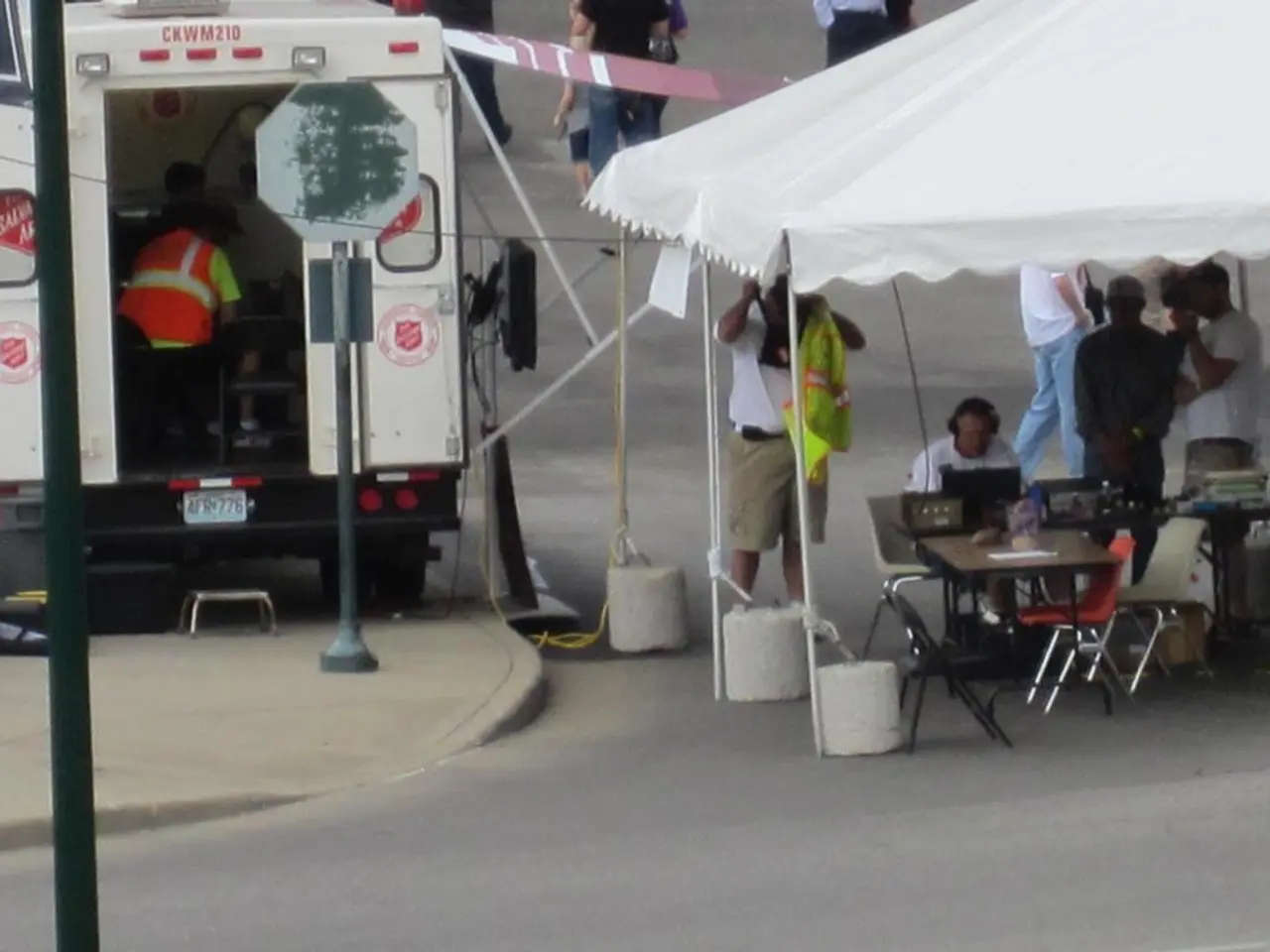Medical staff withdraw from Kitengela Hospital following attack
Following the violent incidents that occurred during the Saba Saba protests, particularly the attack on Kitengela Sub-County Hospital, medical unions have withdrawn their members from healthcare facilities in regions affected by violence.
The Kenya Union of Clinical Officers (KUCO) and the Kenya National Union of Medical Laboratory Officers (KNUMLO) announced the immediate withdrawal of all unionized health personnel from healthcare facilities in violence-affected areas. The withdrawal will not be reversed until the government guarantees the safety of healthcare workers, ensures full repair of the hospital, arrests and prosecutes perpetrators, and provides a formal apology and assurances for future safety.
The attack on Kitengela involved armed individuals posing as protesters who assaulted staff and vandalized critical medical equipment and infrastructure. During the attack, life-saving operations such as a caesarean section were interrupted, forcing doctors and nurses to flee and leaving patients at risk.
The withdrawal has led to significant disruption of healthcare services in these areas, including the halt of emergency procedures and general medical care. Civil society, rights organizations, and the Kenya Medical Association (KMA) have condemned both the attacks on healthcare workers and the obstruction of ambulances and medical access during the protests. They stressed the importance of medical neutrality and the constitutional right to health, highlighted by incidents where emergency vehicles were deliberately blocked.
In addition to their initial demands, the unions have set concrete demands, including a joint meeting with relevant ministries and security agencies within 72 hours. They have also made it clear that if their concerns are not addressed, future withdrawals could occur without prior notice in affected regions during nationwide demonstrations.
The unions view the attacks as criminal aggression and a form of war on health workers, and they will not tolerate it. They have also expressed a desire for assurances that such incidents will not be repeated in the future.
The situation has been widely condemned as a violation of the right to health and medical neutrality guaranteed by both national and international law. The unions are determined to ensure the safety and wellbeing of their members and the patients they serve, and they will continue to advocate for their rights and the rights of all healthcare workers in Kenya.
- The unions, such as Kenya Union of Clinical Officers (KUCO) and Kenya National Union of Medical Laboratory Officers (KNUMLO), have emphasized the need for improved workplace-wellness, stating that they will not return to healthcare facilities until the government addresses medical-conditions like the safety of healthcare workers, hospital repairs, and legal action against perpetrators.
- The ongoing political conflicts in certain regions of Kenya have negatively impacted the health-and-wellness sector, as attacks on healthcare facilities like the one at Kitengela Sub-County Hospital have disrupted essential services, including emergency procedures and general medical care.
- Recognizing the dignity and right to health of healthcare workers and patients, civil society, rights organizations, and the Kenya Medical Association (KMA) have called for adherence to international and national laws that protect medical neutrality during violent protests and unrest. They have voiced their support for the unions' demands, urging the government to take immediate action to prevent further attacks on healthcare facilities and workers.




